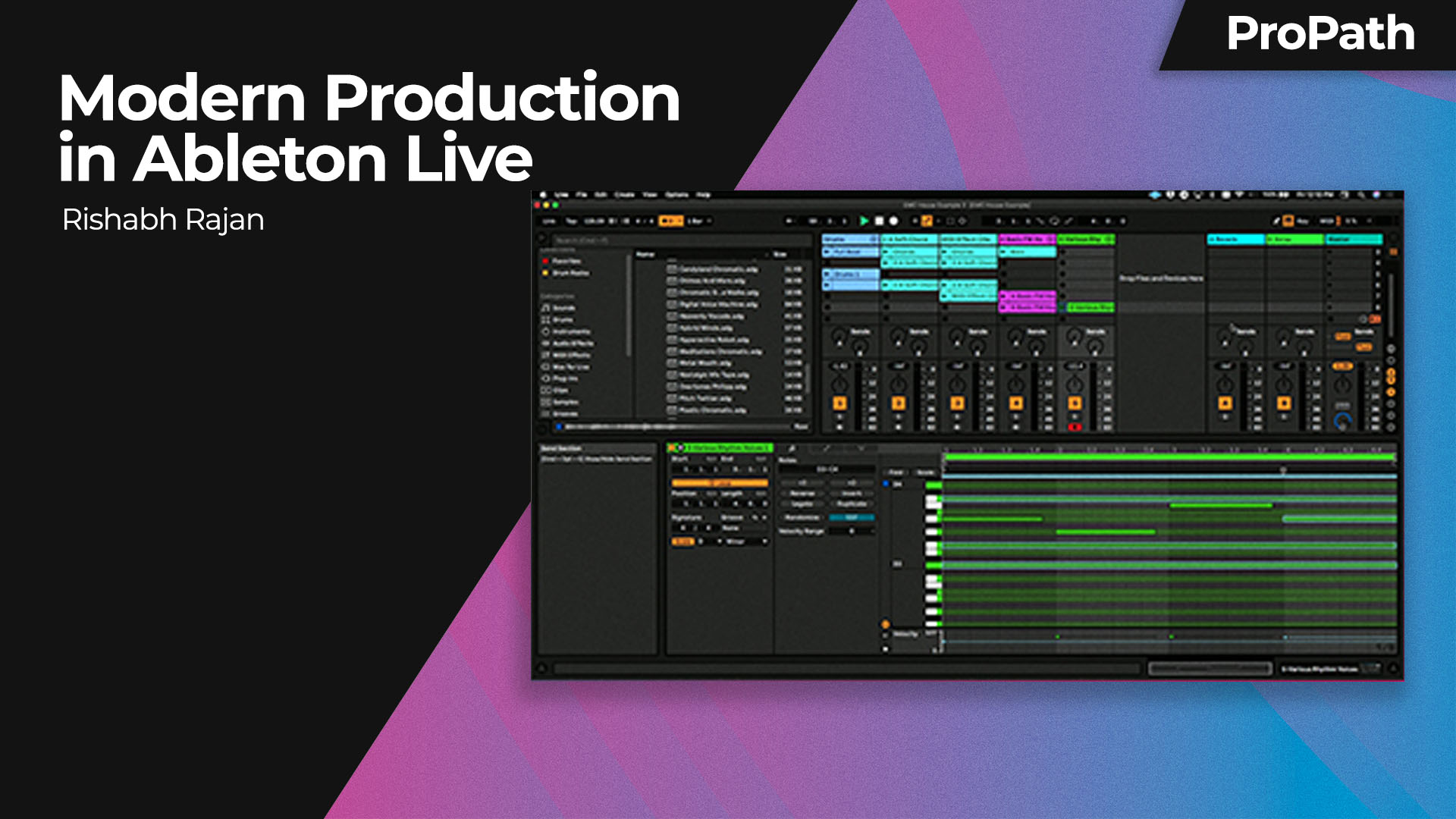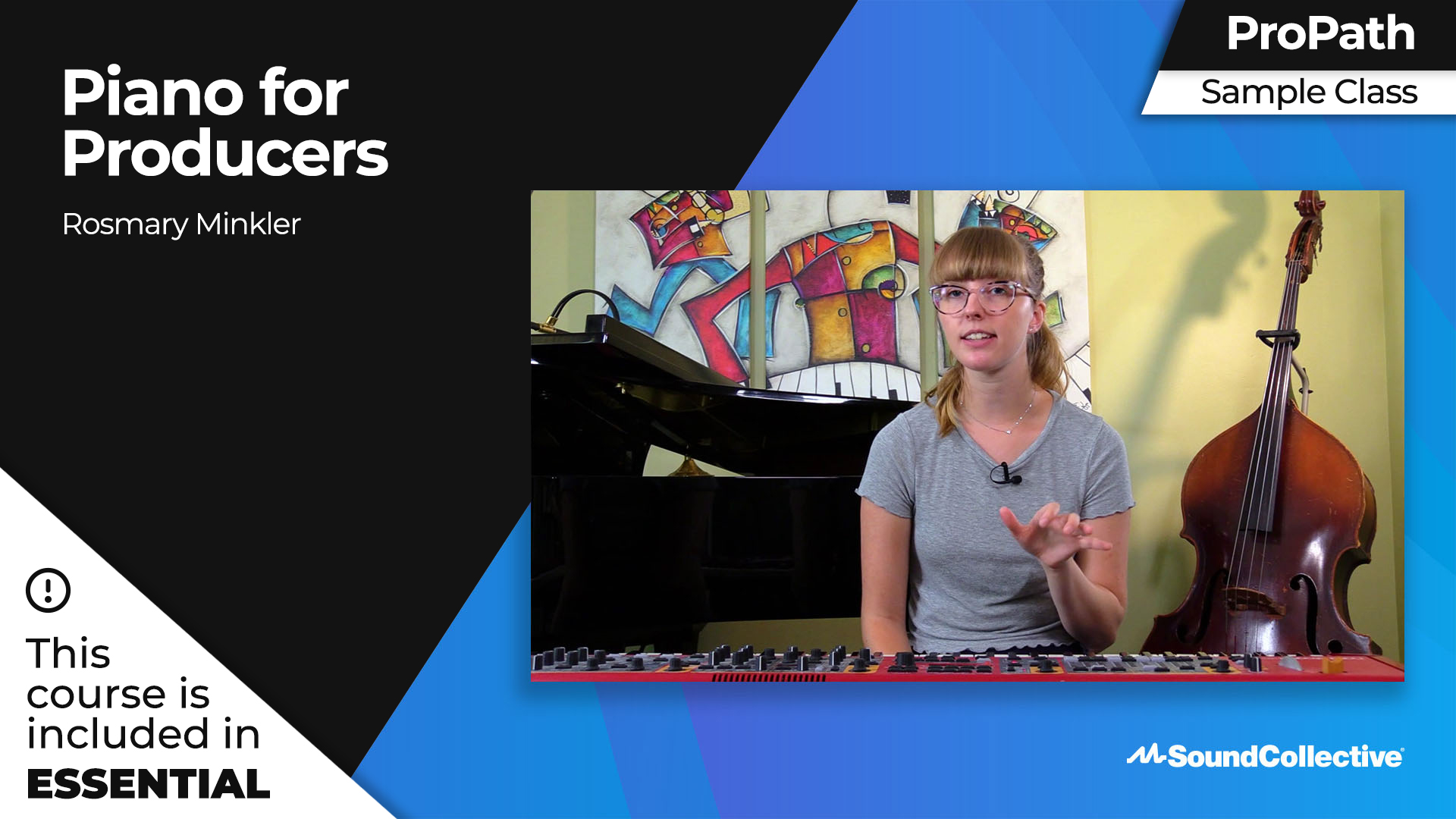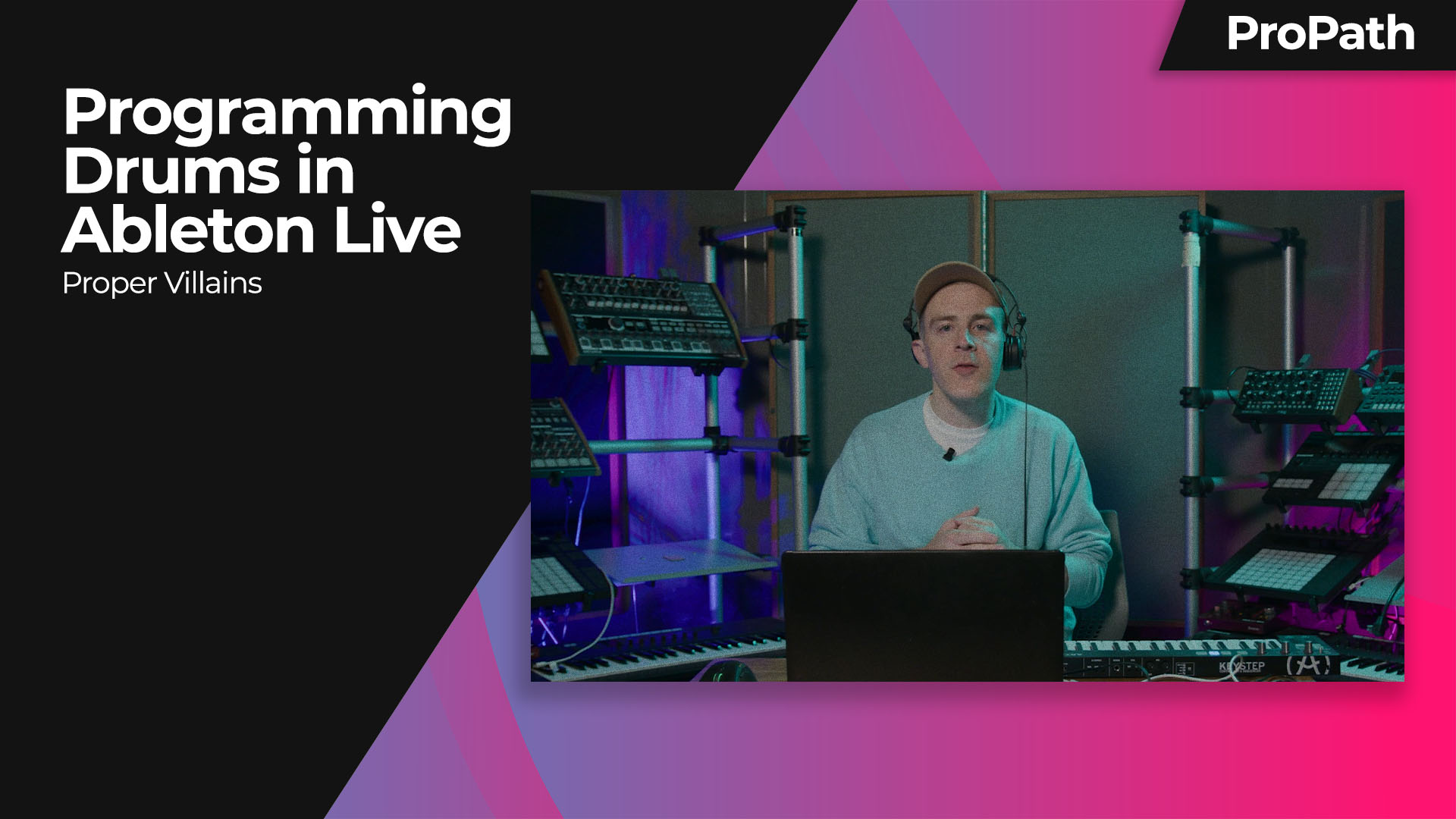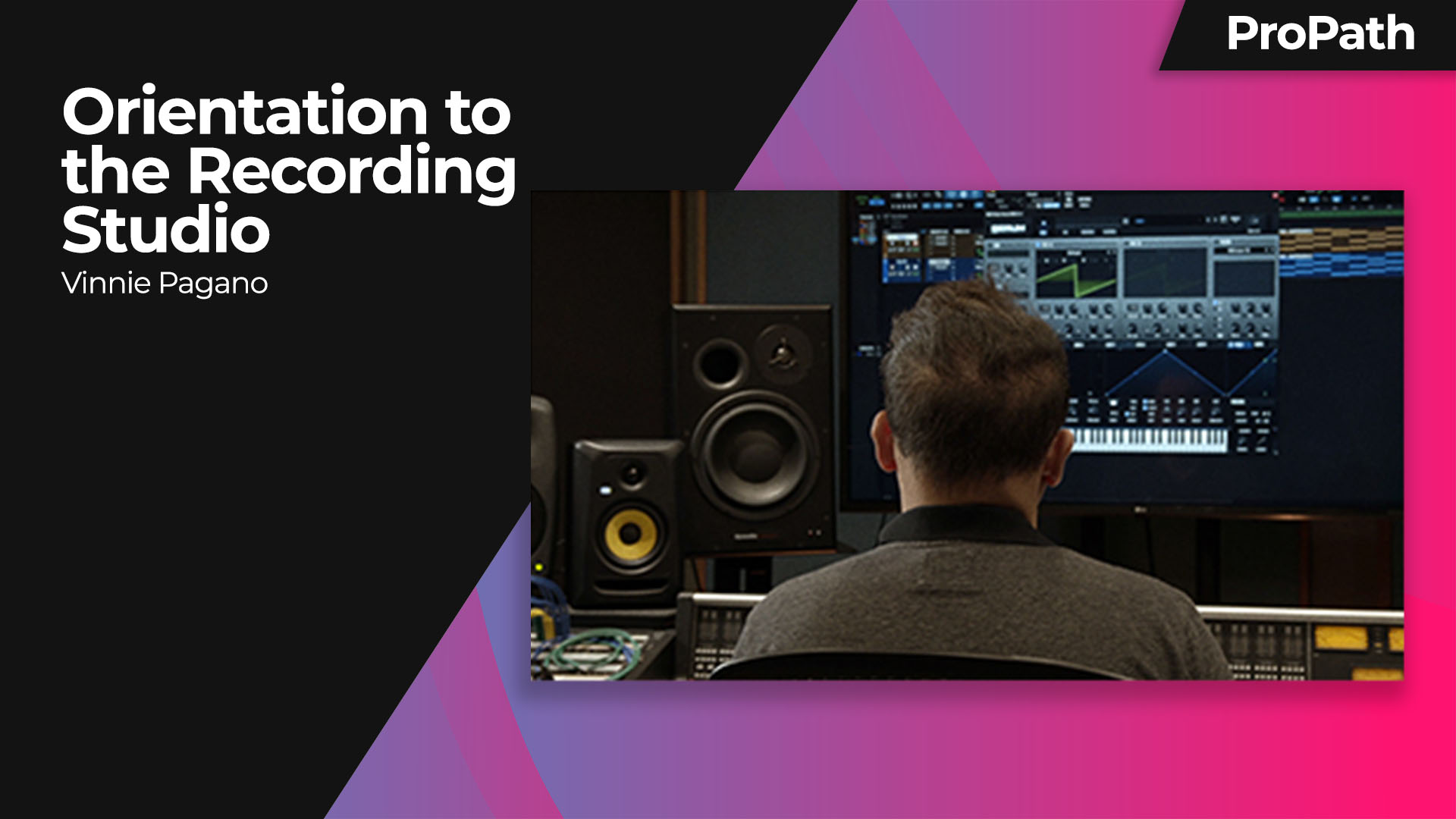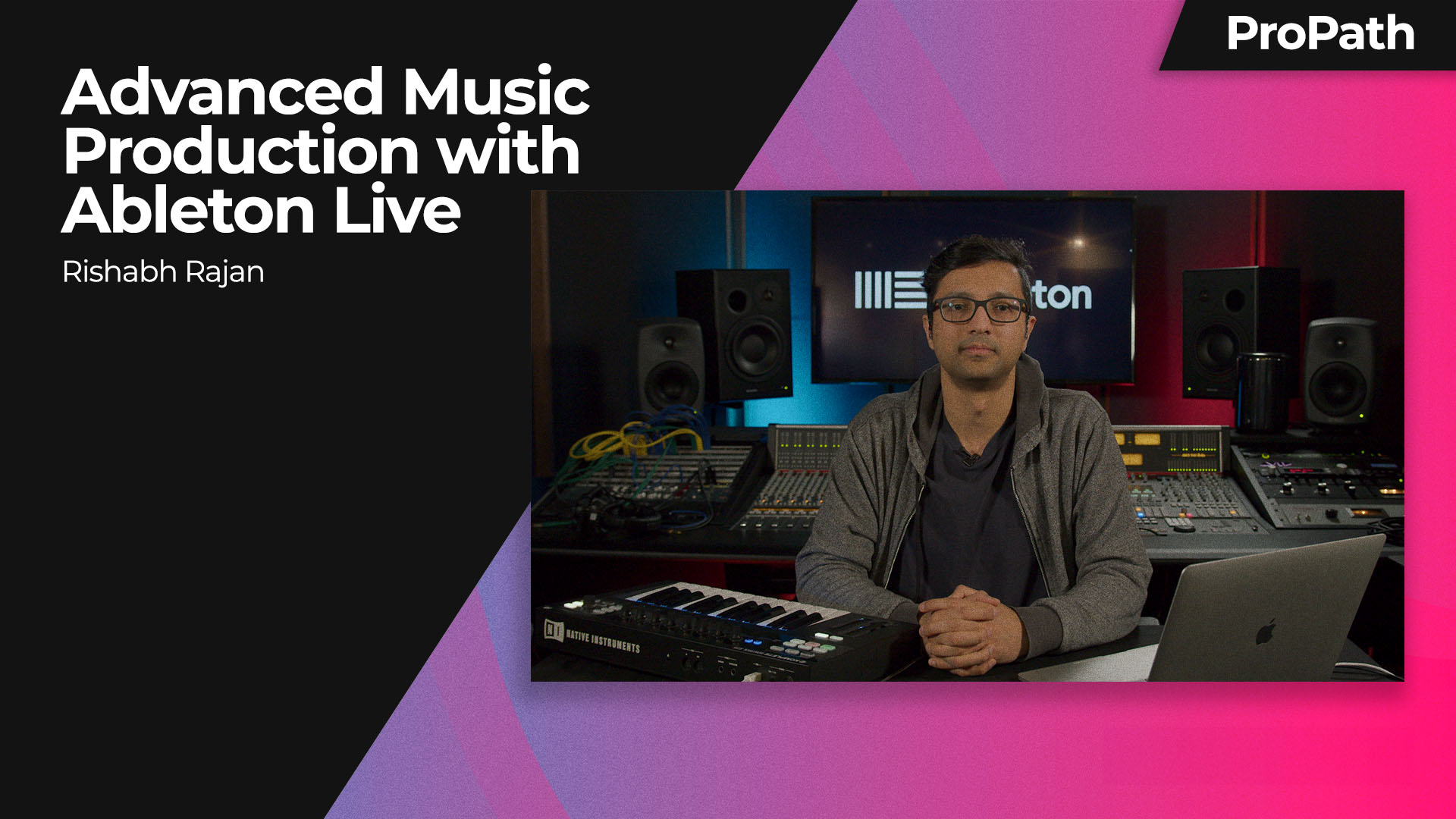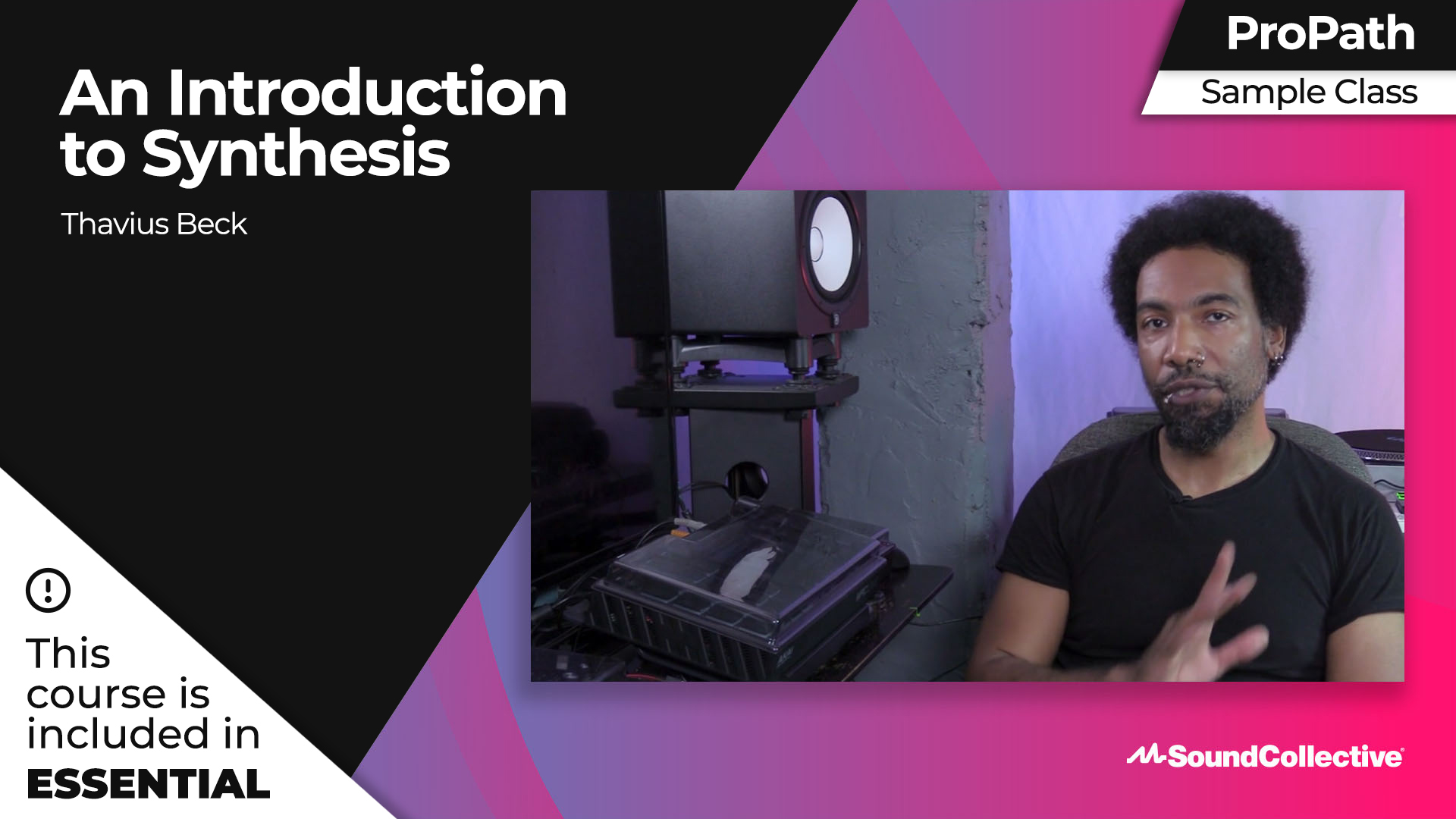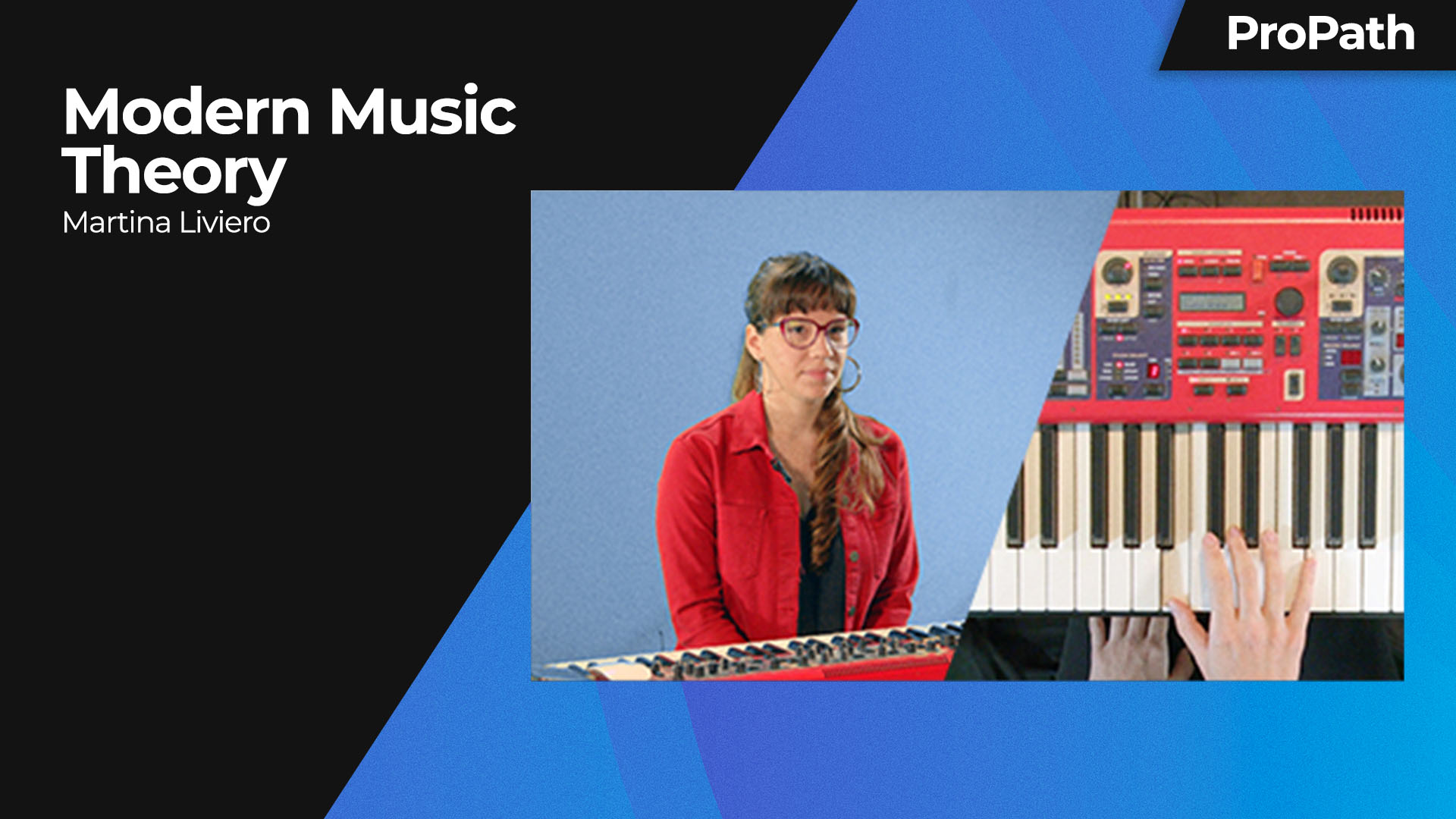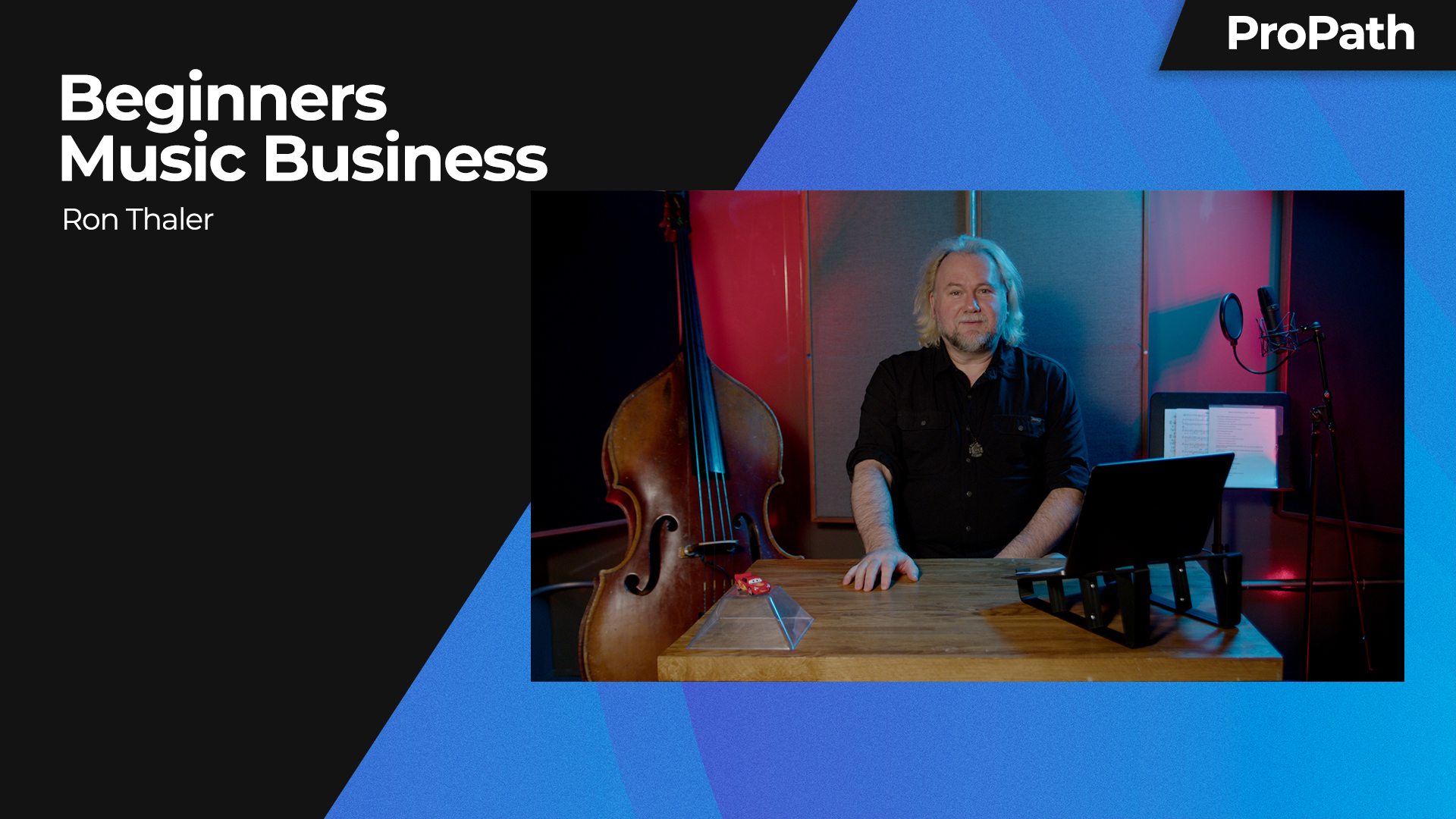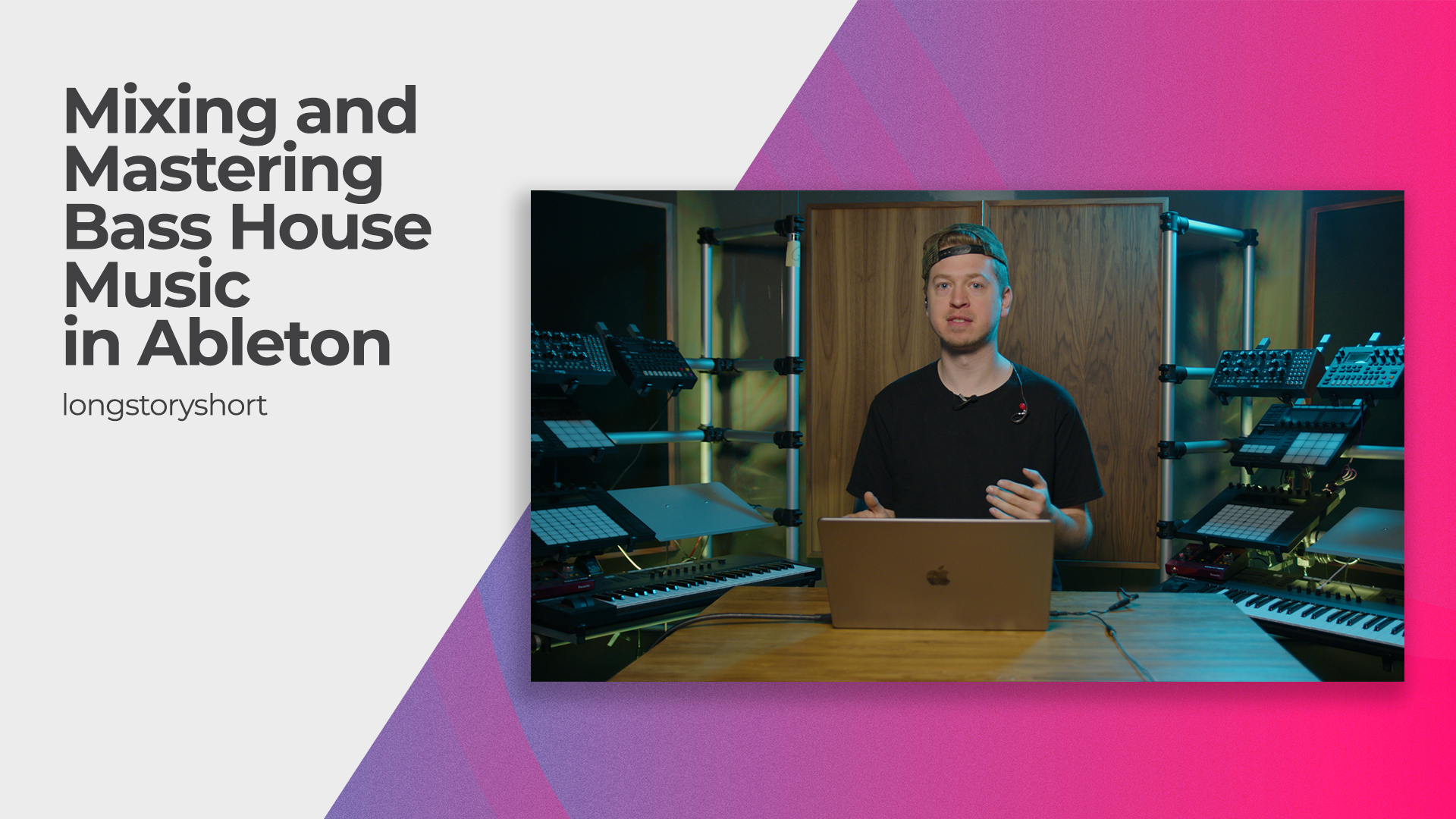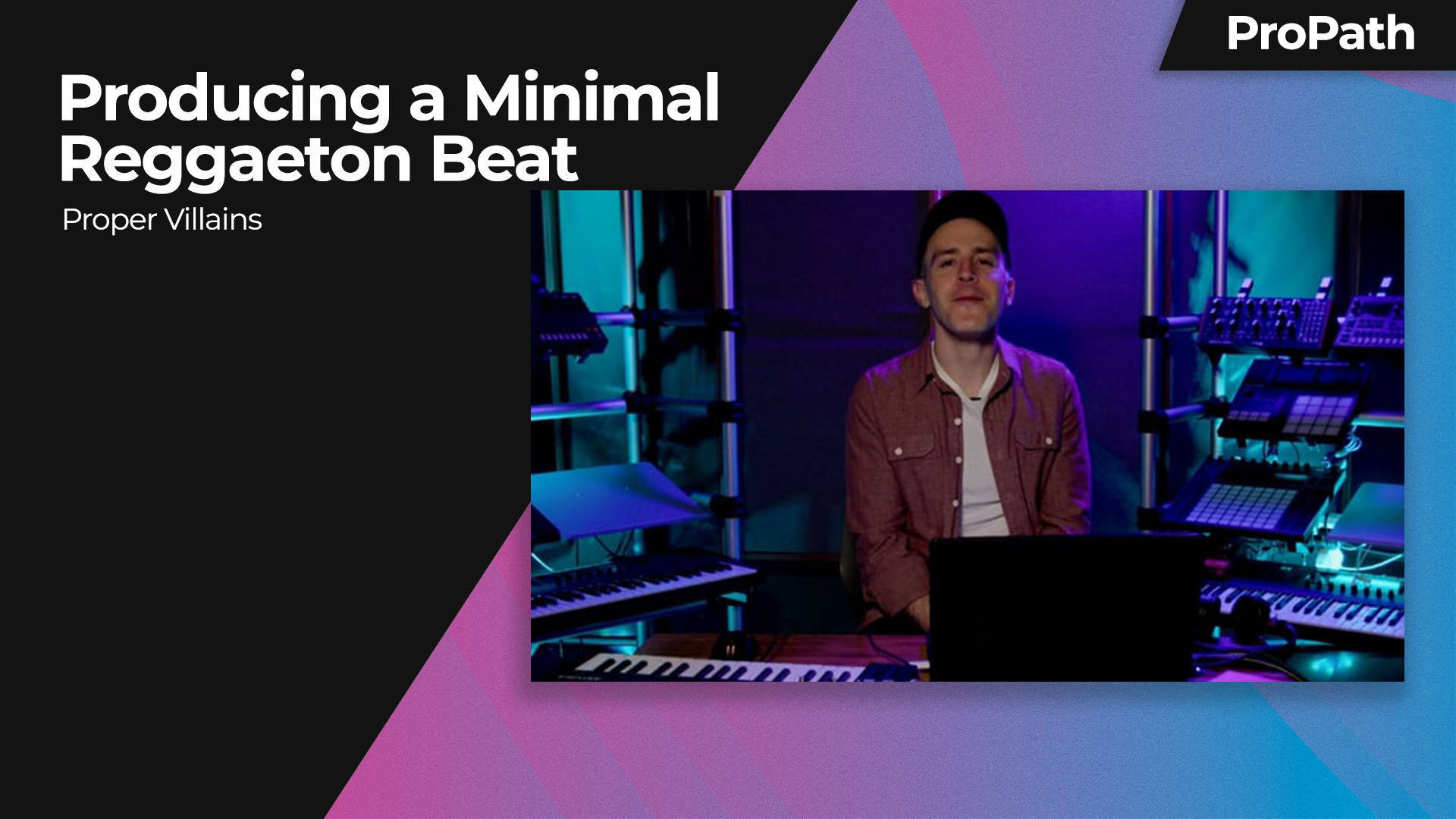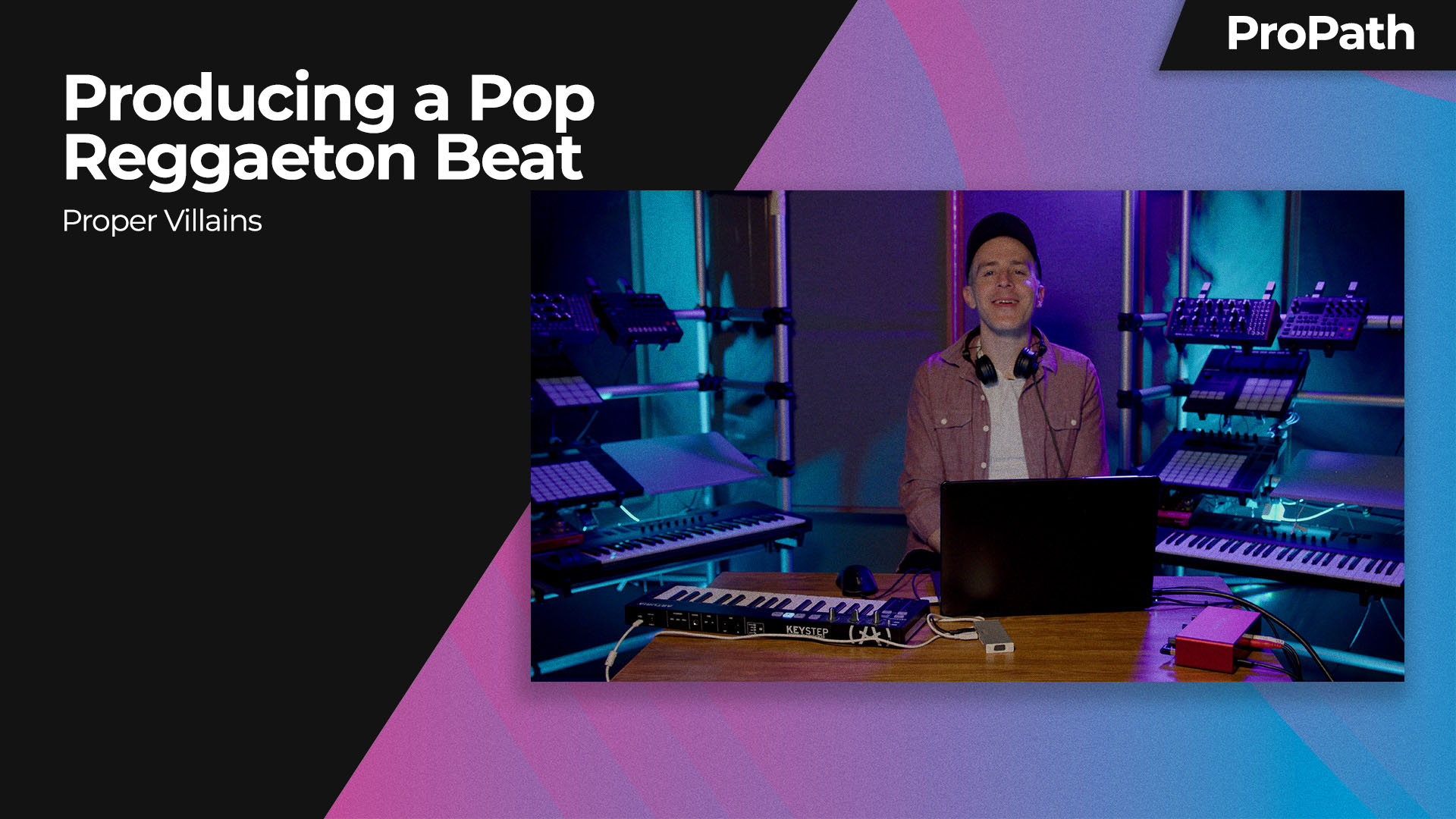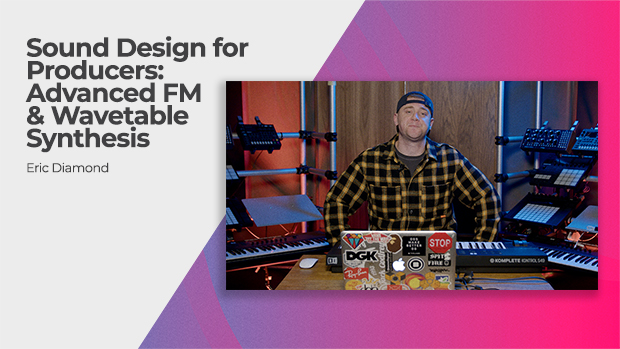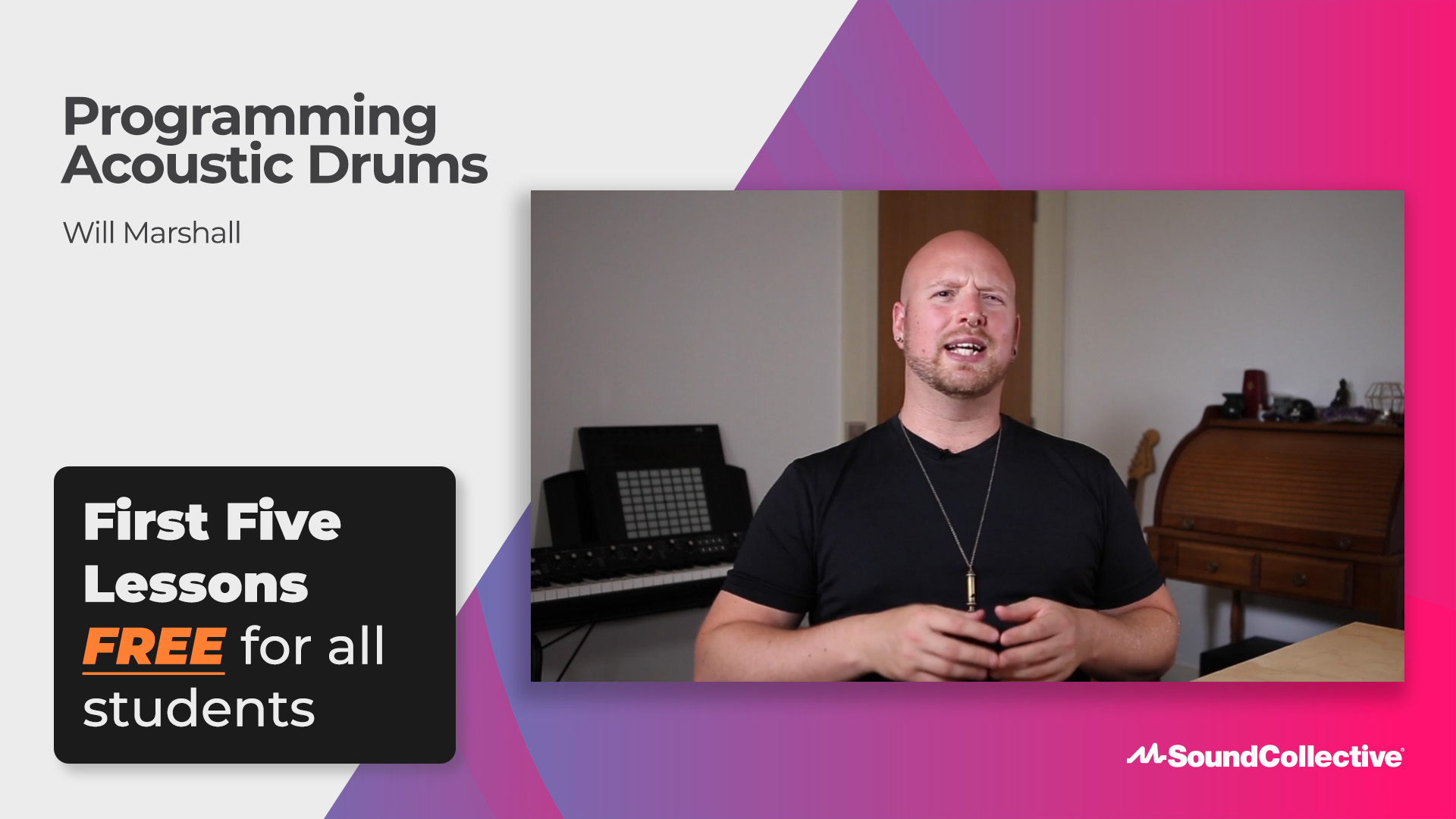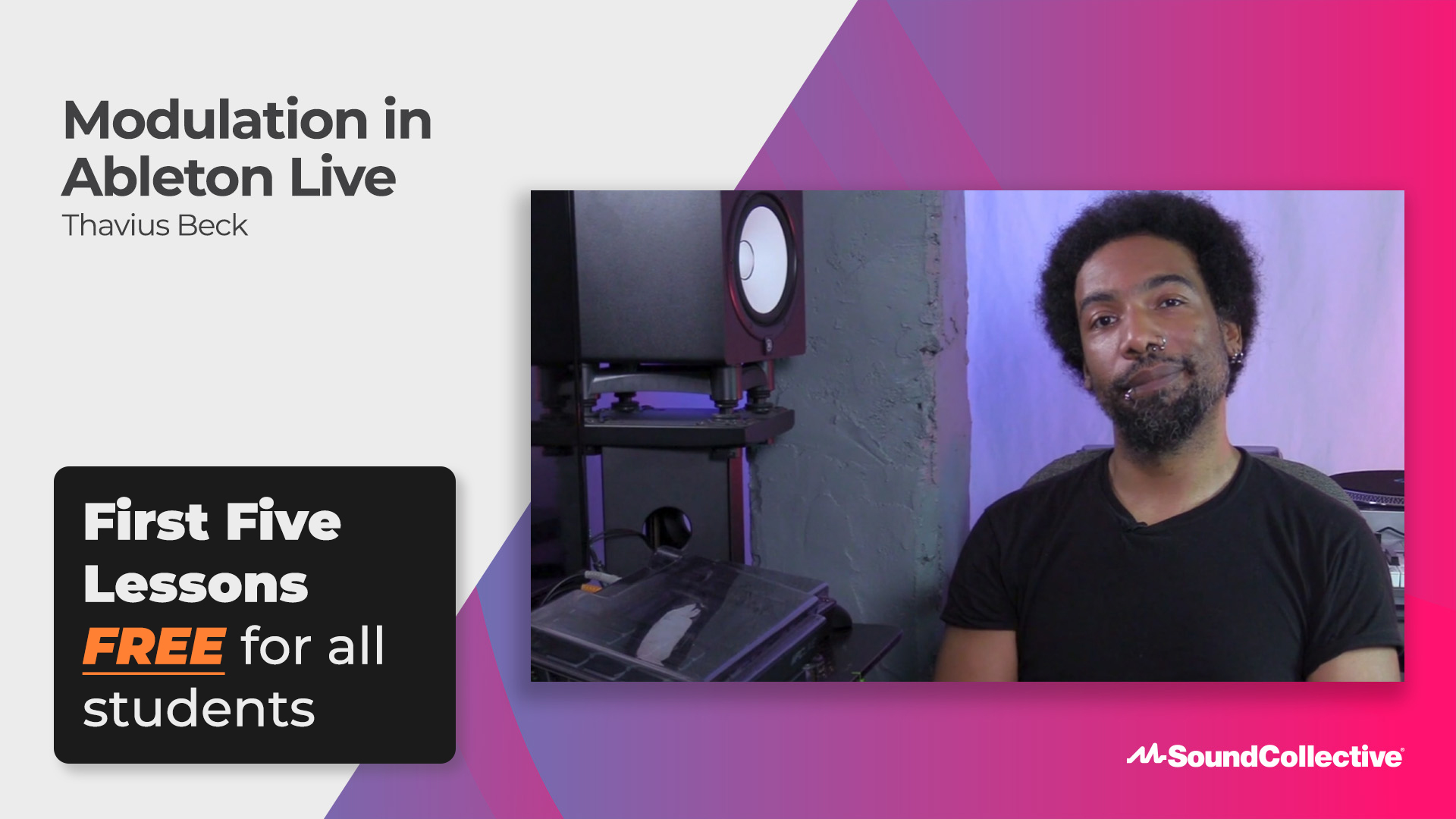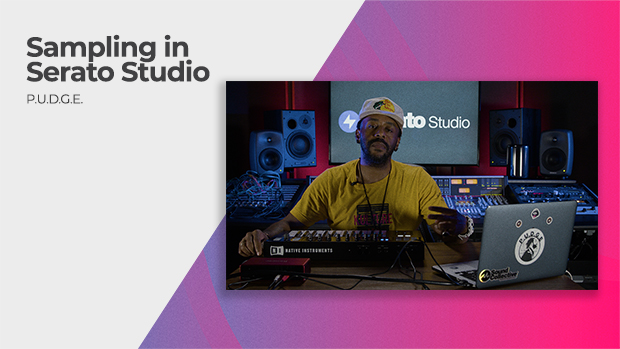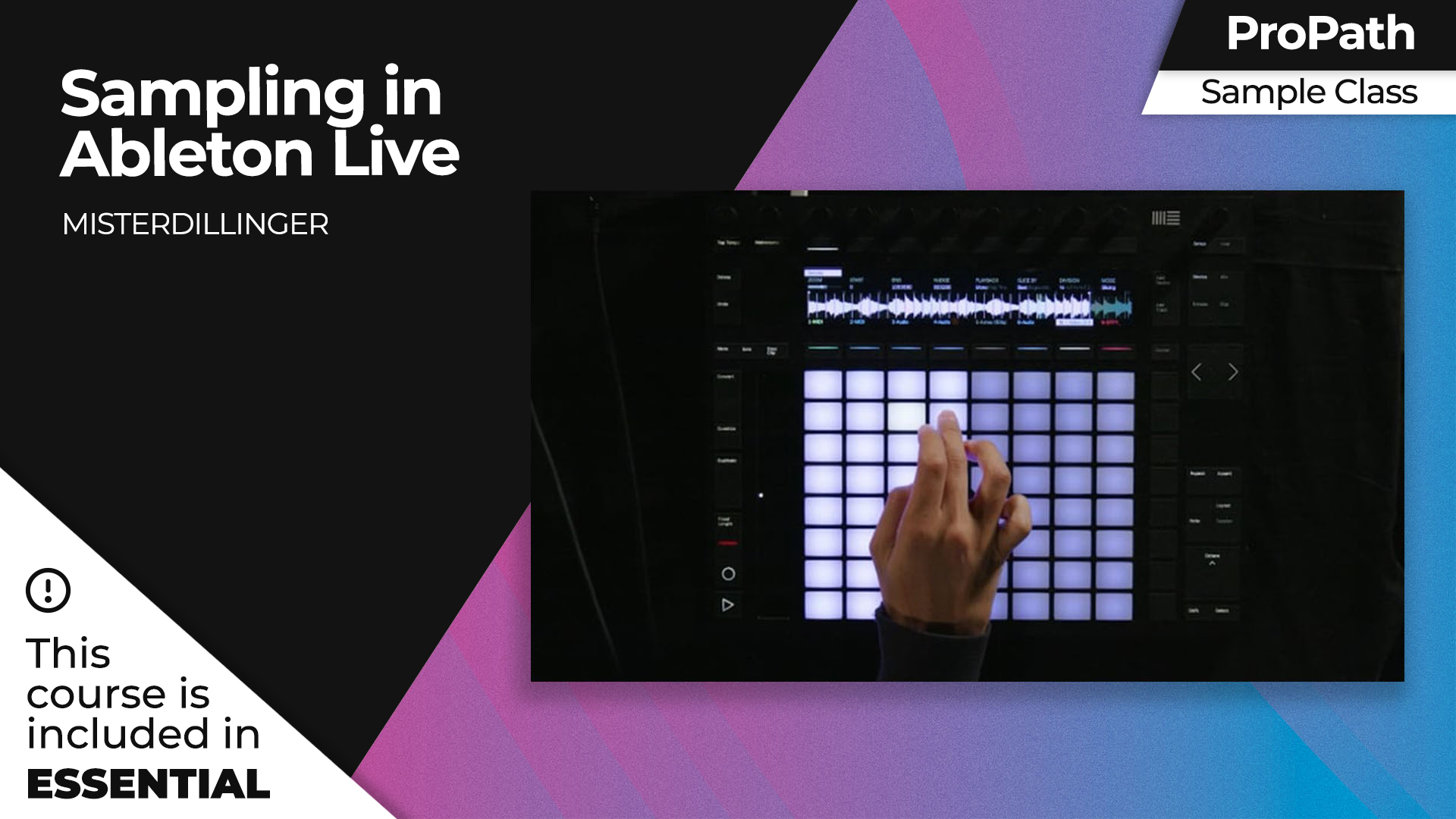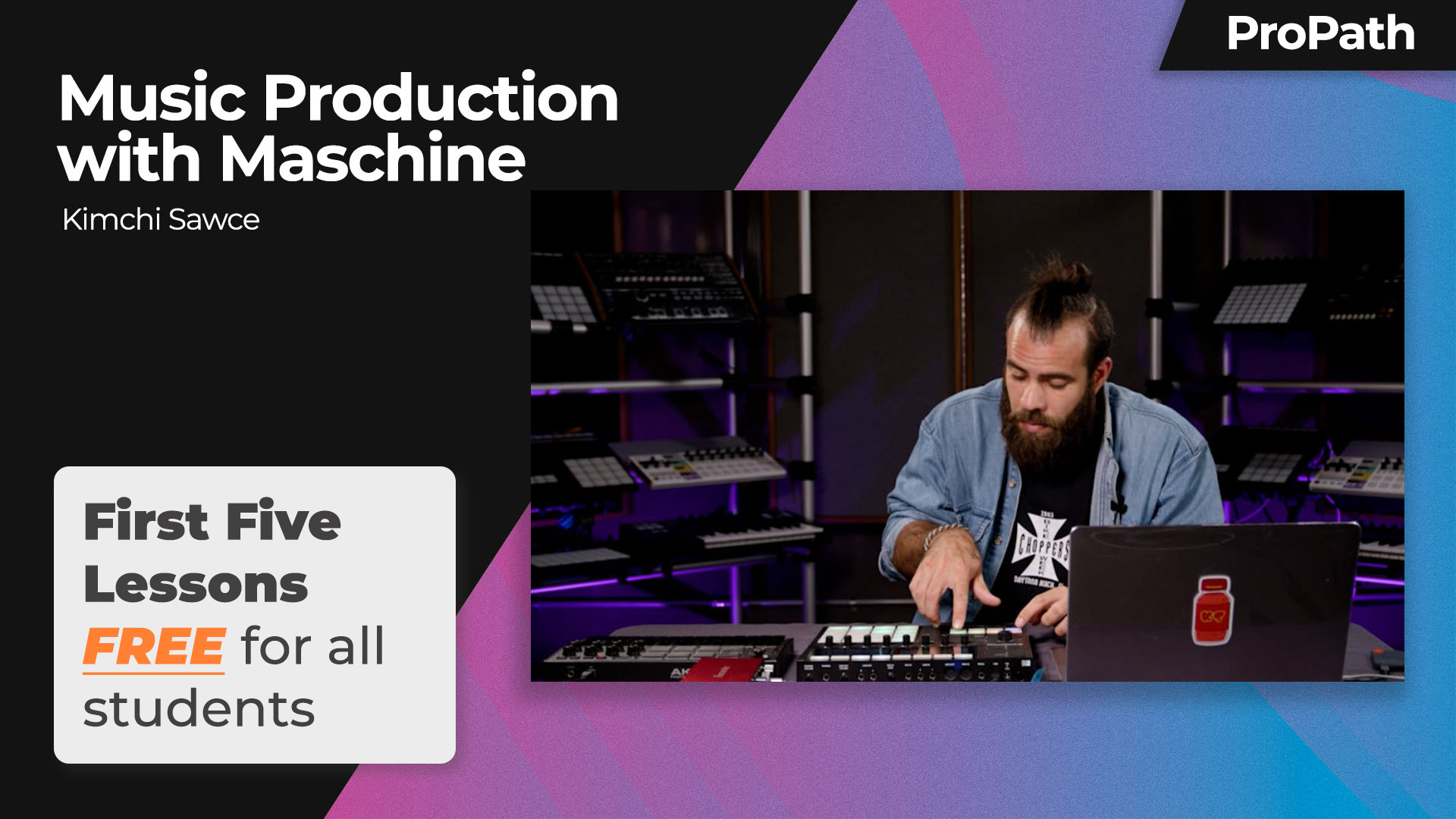- Part A
- Part B
- Part C
- Part D
Course 1
Click to See Course Details
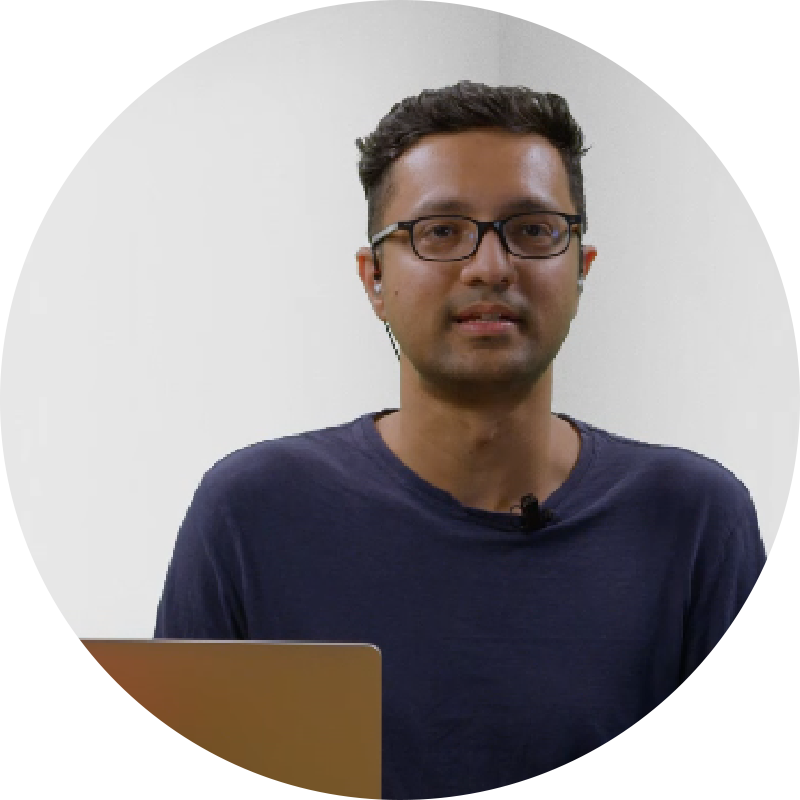
From your instructor
Rishabh Rajan
“In this course, we will cover an overview of using Ableton Live’s interface, using audio and midi tracks and effects, creating an entire arrangement, sampling, as well as mixing and mastering a final track.“
Pro Path Quiz 1
Taking this quiz is required to complete this course and continue your Pro Path.
Course 2
Click to See Course Details

From your instructor
Rosemary Minkler
“Throughout this course, I am going to introduce you to some fundamentals of playing piano, such as scales, intervals, and triads. I am also going to cover some more advanced topics, such as 7th chords, altered upper extensions and rootless voicings.“
Course 3
Click to See Course Details

From your instructor
Proper Villains
“In this course, I am going to show you some underlaying rhythm theory, how to chop up and arrange loops, how to program your own drum beats from scratch, velocity and groove tools, and how to use these grooves in the context of your song.“
Course 4
Click to See Course Details
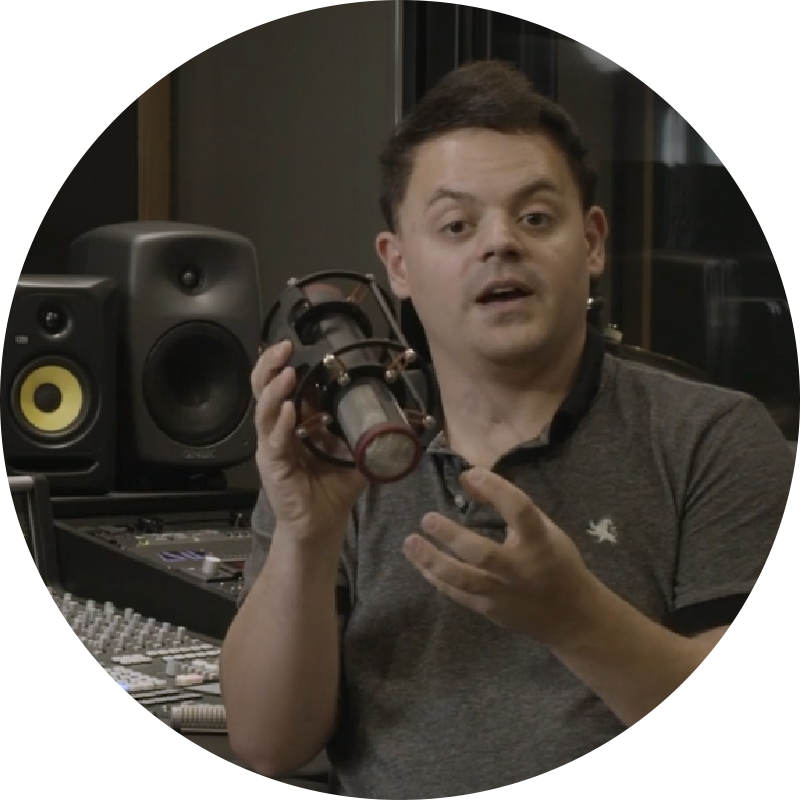
From your instructor
Vinny Pagano
“In this course, we’re going to be covering the different technology that we use in recording sessions. We’re also going to cover the recording process and the different people and stages involved. We’ll talk about the recording engineer, the mix engineer, the mastering engineer and all their roles.“
Part A Final
Create an edit or bootleg utilizing your skills from Part A
Click to See Your Final Assignment

This section will include:
Pro Path Quiz 2
Taking this quiz is required to continue to Part B.
Pro Path Assignment 1
For your first project, make an edit or bootleg of your choice!
Course 1
Click to See Course Details

From your instructor
Rishabh Rajan
“In this course, we’re going to take a look at some of the advanced techniques that you can implement when producing electronic music – like subtractive synthesis, FM synthesis, physical modeling techniques, as well as sampling techniques.“
Pro Path Quiz 3
Taking this quiz is required to complete this course and continue your Pro Path.
Course 2
Click to See Course Details
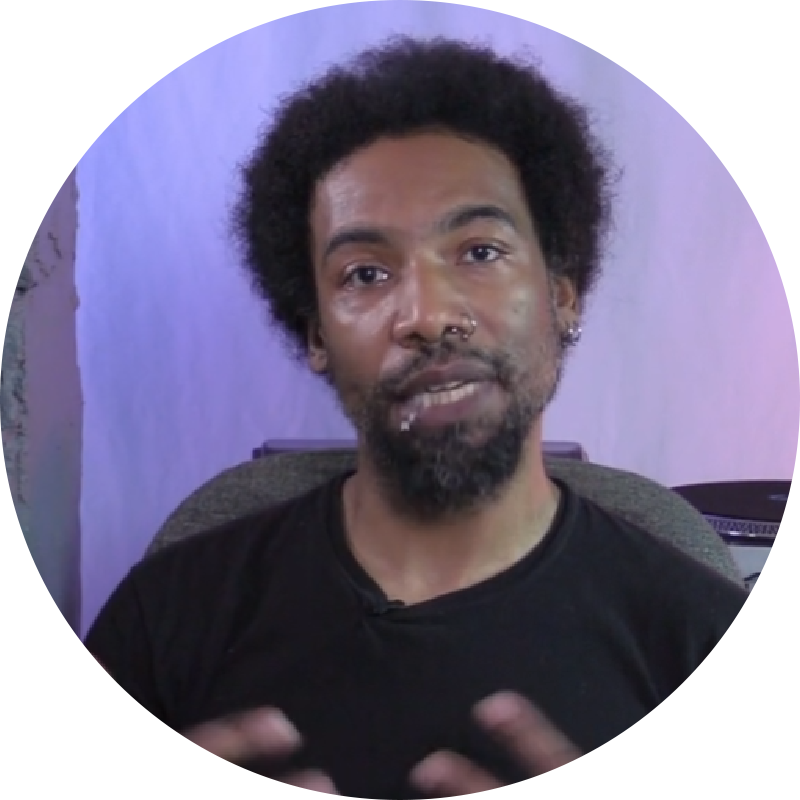
From your instructor
Thavius Beck
“In the following course, we’re going to discuss synthesis and we’ll lay down a good foundation, starting with signal flow. From there, we’ll discuss the common parts of most synthesizers, including an osculator, a filter, the role of an amplitude envelope, and modulation sources such as LFOs.“
Course 3
Click to See Course Details

From your instructor
Martina Liviero
“In this course, we’re going to work with basic knowledge that we need as musicians. We’re going to establish the foundations of music theory and learn about rhythm and pitch notation, intervals, major scales, key signatures, triads and 7th chords, and basic harmonic progression.“
Course 4
Click to See Course Details
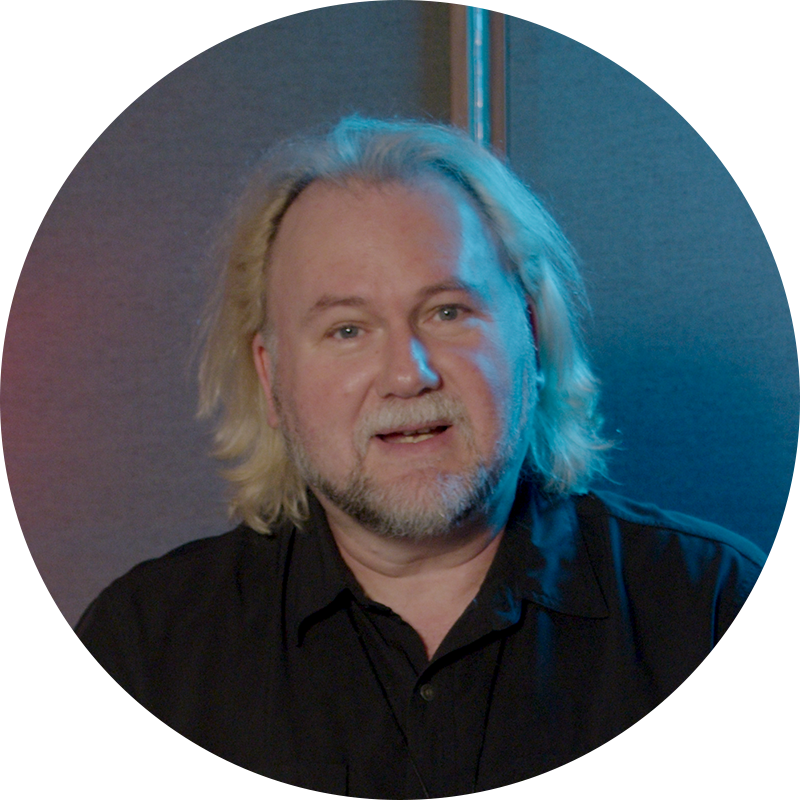
From your instructor
Ron Thaler
“I’m here to help you to really kind of understand how the music business operates and why it is the way that it is, how to leverage your talents so you can really find your way through it. Ultimately, how to find sustainability in the industry and financial independence so that you can pursue all your dreams.”
Part B Final
Showcase a complete, original composition utilizing your skills from Part B
Click to See Your Final Assignment
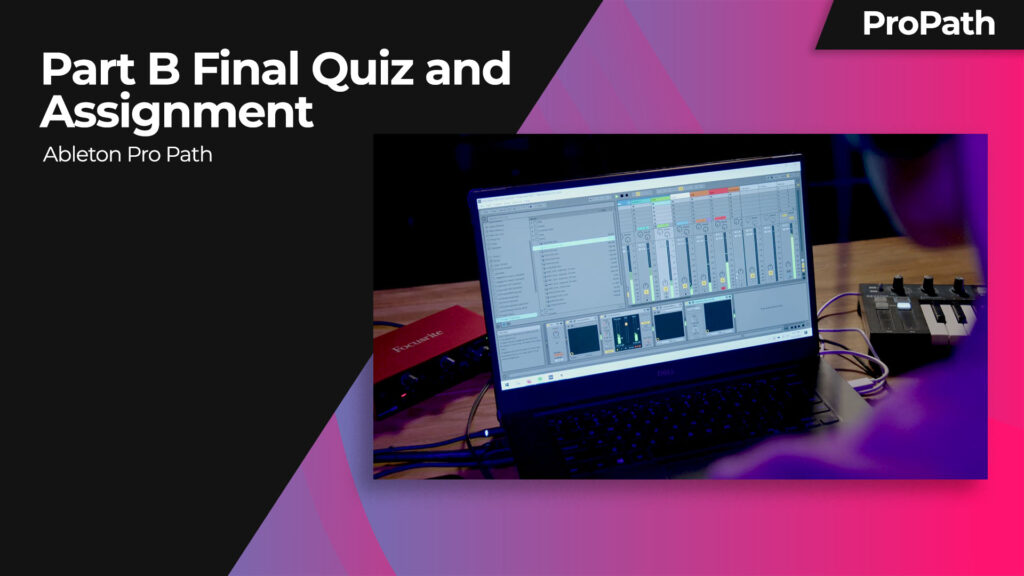
This section will include:
Pro Path Quiz 2
Taking this test is required to continue to the final project.
Pro Path Final Project
For your final project, you will be presenting a completed Ableton Session with an original composition, showcasing your production, composition writing skills and use of the DAW so it is best if you continue working in the same session the entire time
